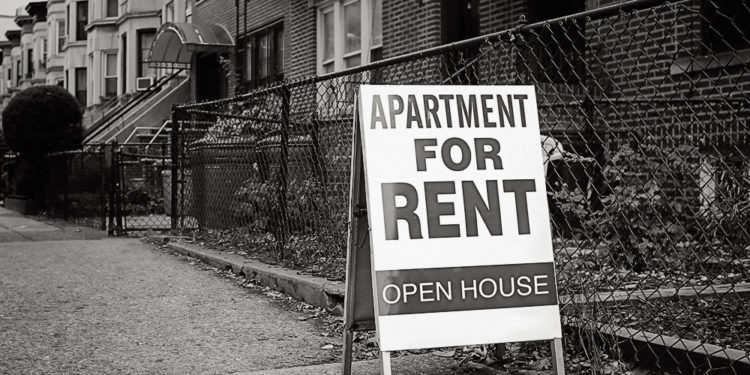As the COVID-19 outbreak ran through the U.S., many cities enacted rent-control and anti-eviction policies meant to keep people in their home who might be facing hardships because of the pandemic. These policies might sound noble to some, but they ignore the underlying causes of the affordable housing crises in cities across the country.
Even before the challenges brought on by COVID-19, Renting or buying a home has become nearly impossible for low-income and middle-class families in many cities. Too many people blame developers or “gentrification” for affordable housing problems, while government policies—and many times, progressive government policies—are making most major cities across the country unaffordable.
These policies are sold as ways to increase equal access to housing. But the regulations drive up costs in markets where the housing crunch has already reached a desperate crescendo. If these regulatory trends continue, even after the economy improves cities will struggle to rise from their housing woes.
The classic example of a counterproductive housing regulation is rent control. Yet more novel but equally misguided laws that will have similar inflationary effects are growing in popularity.
“First-in-time” laws
A “first-in-time” law requires landlords to rent to the first qualified applicant that walks in the door, and landlords cannot deviate from their written rental criteria. This idea began in Seattle, Washington, and a similar idea has spread to Portland, Oregon. The rule is designed to prevent landlords from subconsciously discriminating against rental applicants.
But the rule actually hurts low-income renters in multiple ways.
In cities with effective housing laws, landlords can exercise their discretion to rent to families that might not meet the rental criteria but need help. But first-in-time laws prevent landlords from helping people in need and forces them to rent to the first in line, whomever that may be.
Also, people that are likely to be first in time are unlikely to be the type of renter who most needs help. People who can apply first will be those with language proficiency, transportation, internet access, and flexible work hours (i.e., not the neediest among us). In other words, the rule is often another barrier to low-income households trying to find affordable housing.
Background check bans
Oakland, California; Minneapolis, Minnesota; and Seattle and Portland have recently passed rules restricting or outright banning checks on criminal history, credit scores, and past evictions. Seattle’s may be the worst—it imposes a flat ban on inquiring about criminal history regardless of the gravity or age of the offense. Unfortunately, the Washington State Legislature has recently proposed a statewide version of the ban.
As with the first-in-time idea, this exacerbates the housing crunch. Smaller landlords who typically offer lower rent than corporate landlords cannot afford complicated and onerous regulatory burdens. Blinding landlords to tenant applicants’ criminal background, credit history, or eviction history forces them to assume that any applicant could be a serious liability. In response, landlords are forced to either bow out of the housing market or increase rents and security deposits to underwrite risks to their property and neighboring tenants.
Cities should not ignore the problem of housing discrimination and the negative effects of criminal history. But the solutions to discrimination also should not gut the low-rent housing stock.
Cities should not ignore the problem of housing discrimination and the negative effects of criminal history. But the solutions to discrimination also should not gut the low-rent housing stock. When it comes to criminal background, for instance, plenty of other options present themselves. Lawmakers could emulate the Department of Housing and Urban Development by developing a certification program that allows formerly incarcerated individuals to demonstrate good character. Cities could also consider offering public insurance to cover the risks a landlord accepts when renting to individuals with a criminal history.
Housing crises getting worse
A recent op-ed in The Seattle Times written by a pair of Seattle landlords speaking out against a new ban on winter evictions put the problem well: “Our ability and the ability of other small landlords to offer ‘naturally affordable’ housing (rentals that are less expensive than newer housing or larger corporate rentals) is dwindling very quickly. This legislation and other recent ordinances…have significantly increased the risk, liability and complexity of being a small private housing provider in Seattle.” The result is not hard to predict: higher rent, stricter rental criteria, and fewer rentals.
While problems like discrimination may persist in housing markets, there are ways to combat discrimination without hurting the people potentially being discriminated against. Cities’ highest priority should be ensuring that people can afford housing in the first place. COVID-19 or not, saddling landlords with a heap of complicated regulatory burdens will not help struggling families get — or keep — a roof over their heads.









